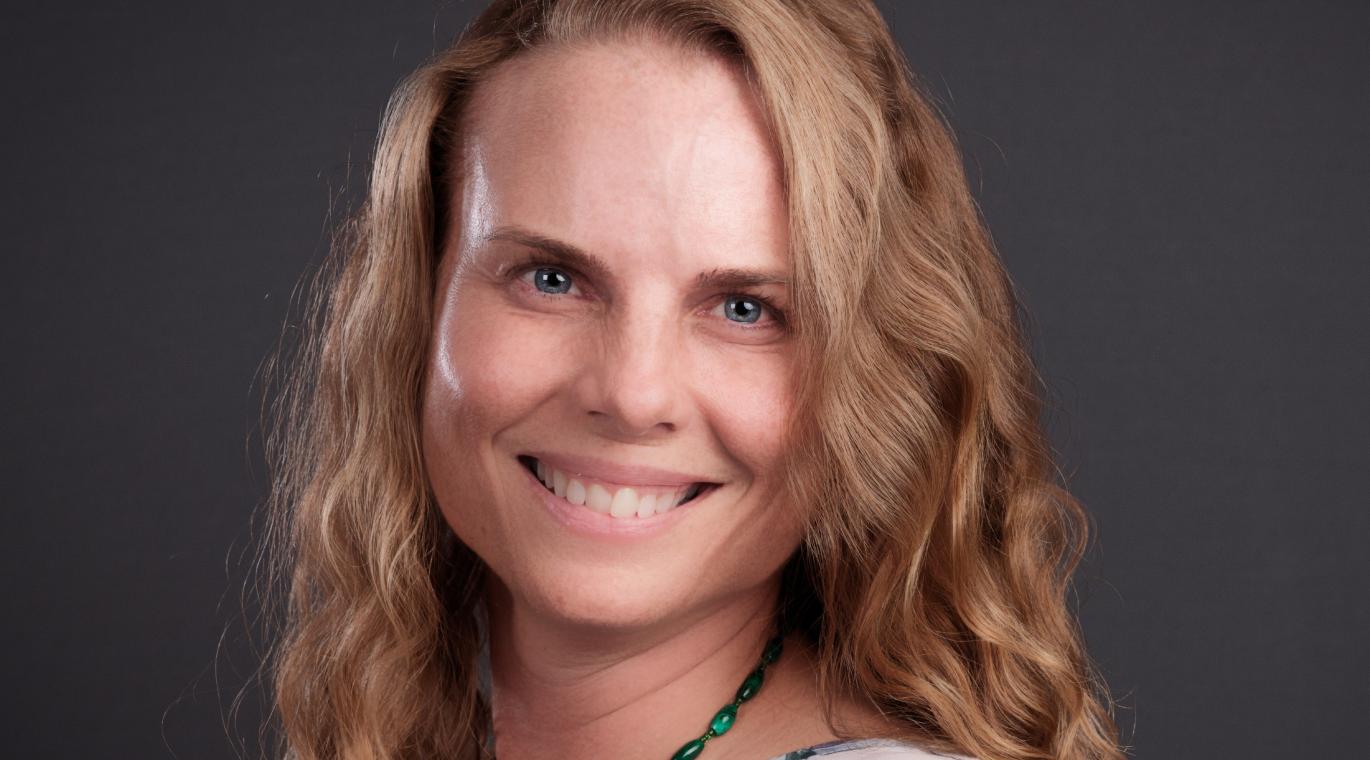
As a SEAMO-funded Clinician Scientist, Dr. Susan Bartels spends 40 per cent of her time in clinical emergency medicine practice at Kingston Health Sciences Centre (KHSC) and 60 per cent of her time on research, specifically in the realm of global health. She is an associate professor in the Department of Emergency Medicine and a Canada Research Chair (Tier II) in Humanitarian Health Equity.
“I conduct public health research focused on how individuals and families are impacted by humanitarian crises. My vision is to enable individuals – specifically women and children – to achieve their full health potential despite the adversity faced in humanitarian crises,” Dr. Bartels explains. “Using a human rights framework, I conduct research in collaboration with affected communities and service providers, producing evidence that informs strategies to address the social determinants of health and enhance access to services.”
Dr. Bartels’ global health research takes her abroad to places like Democratic Republic of Congo, Haiti, Lebanon, and Brazil. “During the height of the pandemic, travel wasn’t possible, but it did fortunately resume in the summer of 2022. This allowed our research team to meet with research partners in person and re-engage directly with communities impacted by humanitarian crises. As a strong believer in experiential learning, it was also important to be able to again provide field experience to students and trainees,” she describes.
One key factor Dr. Bartels says is under-appreciated about her global health work is the reliance on implementing partners already working in the humanitarian crisis in question. “Without those partnerships, the work I do wouldn’t be possible. Therefore, investing the time to build and maintain those collaborations is pivotal to doing this kind of work.”
In the future, Dr. Bartels envisions novel funding streams that can address a more rapid response, thus facilitating research earlier in the more acute phases of humanitarian crises, like the crisis in Ukraine and the earthquake in Turkey, for example. “This is critical for understanding the situation of affected women and children so that supports, services and programs can better meet their needs and mitigate the adverse health impacts more promptly,” she says.
Something exciting is coming up in Dr. Bartels’ work: a new project coming later this year involving geo-messaging, a platform that merges text and voice messaging, geospatial information, and analytics into a single user-friendly dashboard to orchestrate bi-directional delivery of specific geo-coded data when and where people need it. The project is funded by the New Frontiers in Research Fund and will be implemented by Dr. Bartels with colleagues Drs. Amanda Collier and Jodie Pritchard, and Ana Krause. The platform will be used within the Venezuelan migration crisis in collaboration with the International Organization for Migration.
We look forward to learning more about the results of this new global health effort!
